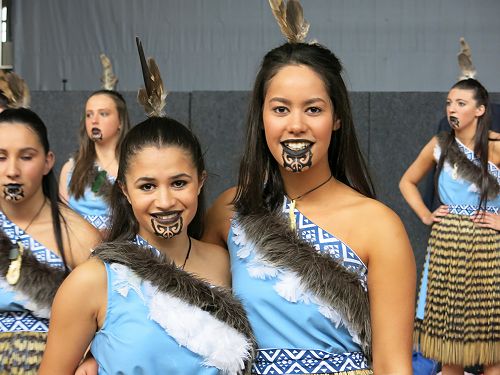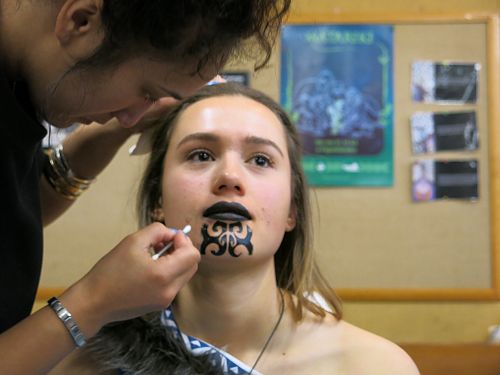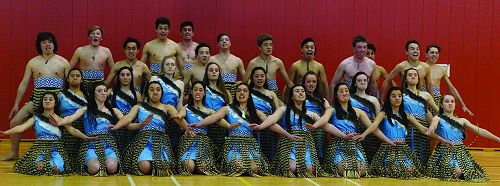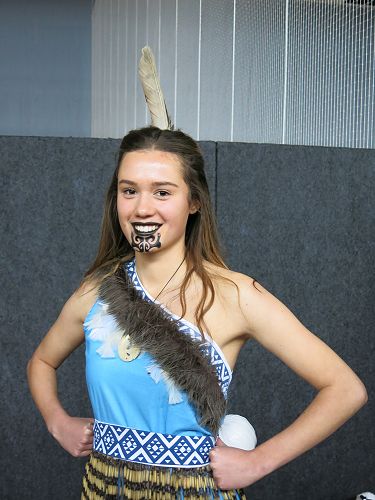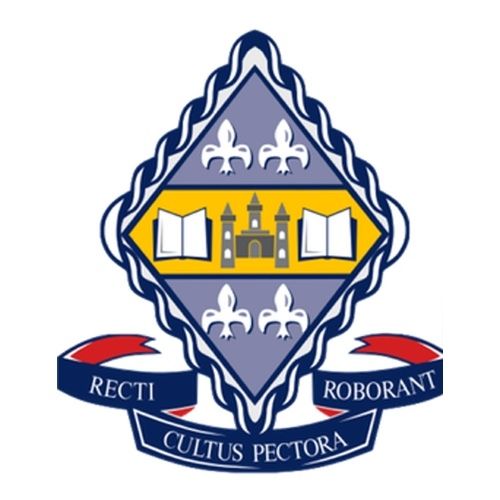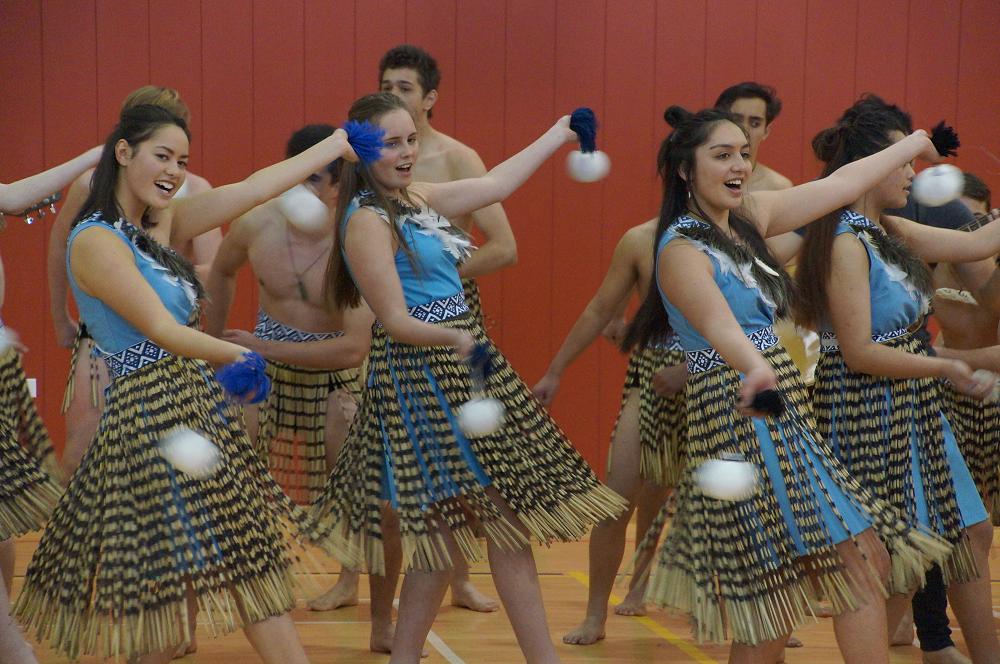
Wairua Pūhou
He mihi ki te whanau!
We are delighted to share the news with you of Wairua Puhou’s third placing overall in the recent Hautonga Otago Southland biennial secondary schools competitions for kapa haka. Led by Autumn Scarf-Matthews and Tamati Karetu-Taylor, Wairua Puhou received placings in the top three of seven out of nine sections. Being placed first equal for haka was particularly sweet. It is all a reflection of many hours practising, of whanau support with fundraising and uniform making by staff and friends. We are especially grateful for the guidance of our tutor Kaharau Keogh. Thank you also to the parents who have provided taxi service and time off dishes duty to their rangatahi. It’s exciting to report that these students’ work is to be considered for a unit standard at NCEA Level 3. The homework club continues to offer support to our hardworking students after school in K17. The whole rōpū is now preparing for Polyfest and will perform on the evening of Thursday 17 September. Wairua Pūhou has also been asked to open the Word Peace Day event at the Stadium on Sunday 20 September.
The statement that follows is taken from the information submitted to the Hautonga competitions judging panel and explains a little of the background to the compositions. It was written by Mac Te Ngahue who is our teacher in Charge of Kapa Haka.
Zoe Liddell, Maori students cultural coordinator
“ This bracket was designed around relationships. Our schools’ kapa haka had separated for three years and coming together this year symbolised the reformation and unification of not only Wairua Pūhou but the two schools, Otago Girls and Boys High Schools. We wanted to take it a step further and acknowledge some of the trials and tribulations that happen between male and female. We designed our programme to symbolise those things with a focus of being against violence. Our first tune, Te Harawene symbolises jealousy and our mōteatea makes reference to violence in our history. Part of our schools’ foundations were built by ‘Ngāti Otakou’ the name taken up by those political prisoners from Taranaki, who practised passive resistance and were brought to Dunedin with much disrespect and violence. We acknowledge those ancestors. We have utilised poetry from times past to re-energise the language and those words become evident in our waiata-a-ringa. The poem was changed from a sad song to a more upbeat version. The full translation was first recorded by Sir George Grey in his book ‘Poetry Of The New Zealanders, Poems, Traditions And Chaunts Of The Maories: Ko Nga Moteatea, Me Nga Hakirara O Nga Maori’ (1853). Our poi introduces the theme of tāmoko for men and for women looking beautiful with moko. We acknowledge our many iwi within the language and try to put a light spin on the playfulness of the poi. The haka by Jarrod Matheson is used to express our opinions to violence against women while our whakawātea/exit brings everything together in song and harmony. It is a song that acknowledges the tipuna, tāmoko and those things that are male and female. We don’t finish with haka because we are specifically aiming to finish in unity, harmony, song and peace, not war.”
Gallery
